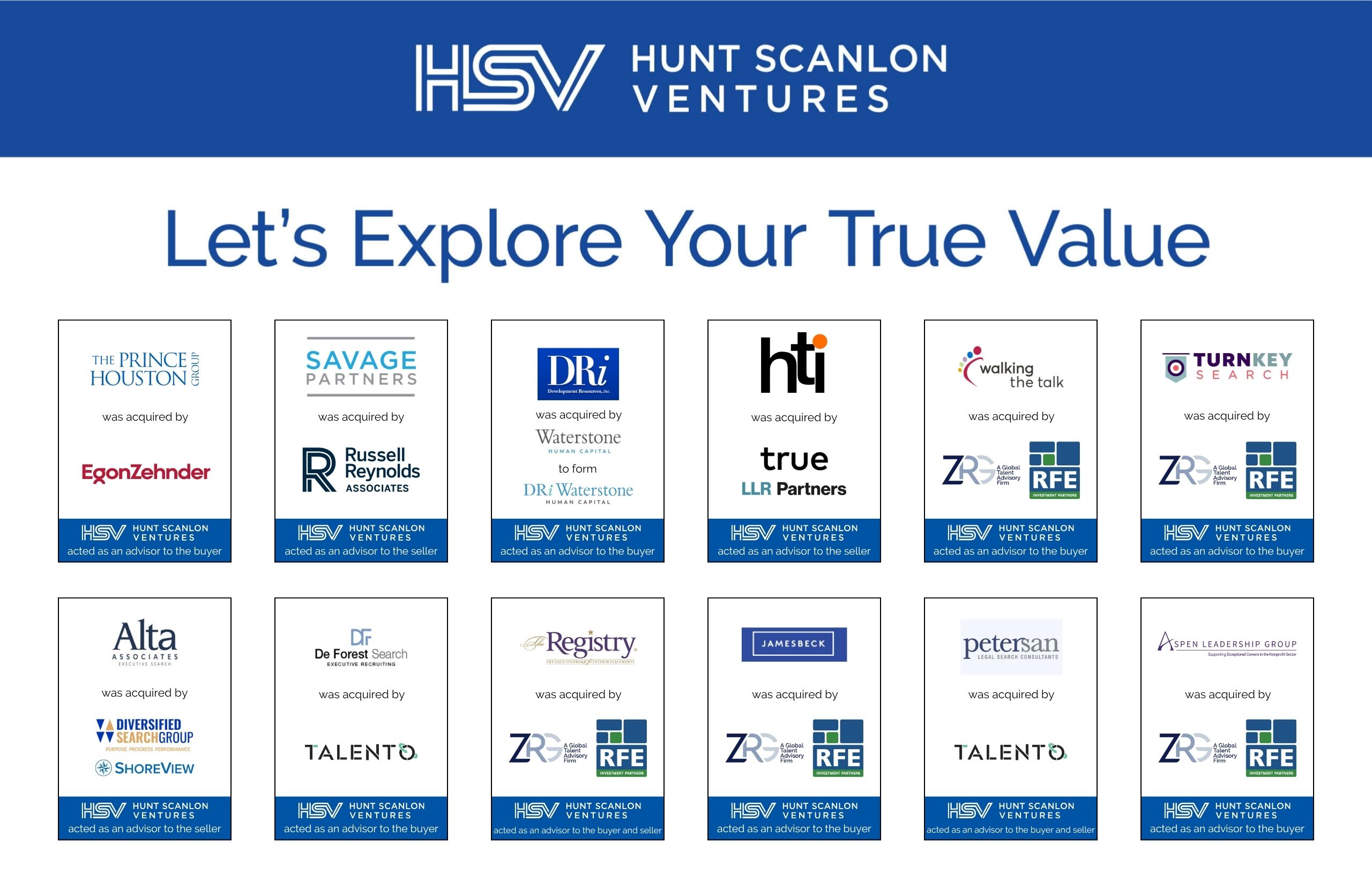Pitchbook’s latest Q1 M&A report reveals that dealmakers managed to overcome a harsh macroeconomic backdrop as 2023 kicked off to post another quarter just shy of $1 trillion in deal value.
The new research showcases how heavily discounted prices helped support this activity, especially in the sub-$100 million size range. This segment comprises the cheapest part of the market by far, with a median enterprise value to revenue multiple of 1.1x based on the last 12 months of deal flow, a 31.3% discount.
Q1 additionally saw PE firms step out of the spotlight, as they balked at the idea of selling portfolio companies for lower prices. As PE exits declined by 25.2%, founder-owned businesses stepped in to fill the void. These enterprises comprised 85.3% of M&A activity in 2023, an all-time high. Founder led M&A also happens to dominate the sub-$100 million segment.
As the cross section between these two segments increased their share of total M&A transactions, they exerted downward pressure on median multiples. The effect is finally being felt by PE, where resistance was strong in 2021 and 2022. Where PE maintained 2.5x and 2.4x revenue in 2021 and 2022 respectively, revenue multiples have now dipped to 1.7x.
Despite it all, M&A activity in North America remained steady in Q1 2023, with an estimated deal value of $503.2 billion. This places quarterly M&A value on par with pre-pandemic levels. This level of activity comes despite significant headwinds, notably the collapse of SVB followed by uncertainty in the banking system, as well as the potential unfolding debt ceiling crisis.
What does this all mean for M&A activity across the human capital sector for the rest of 2023? And what about executive search – where growth has come relatively easy since the financial meltdown 15 years ago? Cody Crook, Managing Director of Hunt Scanlon Ventures, offers up his take on where we’re all heading.
Cody, it seems like M&A is being marginally impacted by the soft economic environment we’ve entered. How is this affecting valuations in the human capital space?
As Pitchbook reports, M&A at large is experiencing a multiples crunch. While human capital firms are not immune to these same forces, our experience in the first five months of this year is that the human capital sector is holding its own. Compression on multiples has not occurred. Most of the M&A activity in the human capital sector is comprised of smaller transactions, falling into the sub-$100 million segment that Pitchbook reported on. So, you would think multiples must be collapsing across the board. They are not. The human capital sector has, so far, remained resilient.
Can you go a little more granular, Cody, and discuss the executive search M&A market?
Executive search M&A is Hunt Scanlon’s sweet spot, for sure. Not a week passes that our team isn’t fielding a dozen or more inquiries from sellers and buyers. We are actively handling mandates now across the U.S., Canada, the U.K., and Europe. Hong Kong is active, and we have recently signed on firms from Chile and Mexico. We have been briefed on recent executive search deals that have exceeded 7x EBITDA multiples. That is a very good sign that the human capital market is holding up. We continue to see search firm founders who have built great niche businesses rise to the surface to consider selling. Our job is to find them buyers searching for great assets to acquire while helping the founders maintain their value. We believe for the best assets valuations will hold up.
“We continue to see search firm founders who have built great niche businesses rise to the surface to consider selling. Our job is to find them buyers searching for great assets to acquire while helping the founders maintain their value.”
What’s driving such robust activity among search firms?
There is a distinct ‘market shift’ underway in executive recruiting. After years of high growth and even a quick correction around Covid-19, recruiters are seeing multiple sectors softening this year. It is not the mudslide we saw in 2007/2008, far from it. But it is something the industry hasn’t really seen in at least a decade and so it is giving search firm founders pause. As they pause, they are considering next steps to transition themselves and their people.
What are their concerns, if any?
Search firm founders are most concerned about where they will be standing in five years vis-à-vis competitors who are taking on growth capital partners or merging with larger entities. We have been talking about the rise of super-boutiques for some time now, and it is finally happening. Where small, under $10m players fit into this new paradigm hasn’t quite been sorted out yet. The recruiting sector is consolidating rapidly. It will be a few more years before all this shakes out. But we do expect a different type of industry to emerge.
“Search firm founders are most concerned about where they will be standing in five years vis-à-vis competitors who are taking on growth capital partners or merging with larger entities.”
Any business bright spots for recruiters?
Yes, many. The private equity sector has talent requirements that are insatiable. That one sector accounts for so much search activity now compared to just a decade ago. So, we see lots of continued activity across PE – particularly in areas like PE healthcare services and healthcare tech. We also like the risk management area – it’s hot; in a tightening economy managing risk is a big focus for businesses. Cybersecurity is strong. Within the tech stack we are also bullish on PE software recruiting; with the advent of ChatGPT and other AI platforms, software will run hot for years. And obviously AI will come to be a dominant sector for recruiters. VC has softened, of course, but emerging growth companies drive our economy. When the dust settles, these businesses will resurface with big leadership needs.
Do you expect M&A activity to slow?
On the contrary, as PE comes to terms with the shifted macro environment, we will see activity pick up more. Outside of the human capital sector, an acceptance of lower multiples in PE will help drive overall M&A activity. As Pitchbook reports, PE held out against lower multiples for as long as they could, but Q1 saw the beginning of a shift in this trend. The holdout saw PE exits fall as the industry made up a smaller overall share of M&A activity. An acceptance of lower multiples in PE could cause a recovery in exits, seeing the industry reclaim its share of overall activity. It’s complicated, but that’s how we see it.
And what do you expect for executive search M&A activity?
There is no question that M&A activity in executive search is just heating up. There is so much consolidation activity that remains to be done.
Article By

Cody Crook
Cody Crook is managing director and head of investment strategy at Hunt Scanlon Ventures - an M&A advisory firm that specializes in the human capital space. Cody is responsible for co-managing the firm's investment portfolio, which includes executive search, talent acquisition, private equity, and investment firms. Leading the investment team, he spearheads all fund transactions and maintains portfolio developments. He is also responsible for sourcing, managing and monitoring investments and working with external portfolio managers, analysts and investors on active and prospective transactions. Connect with Cody.






